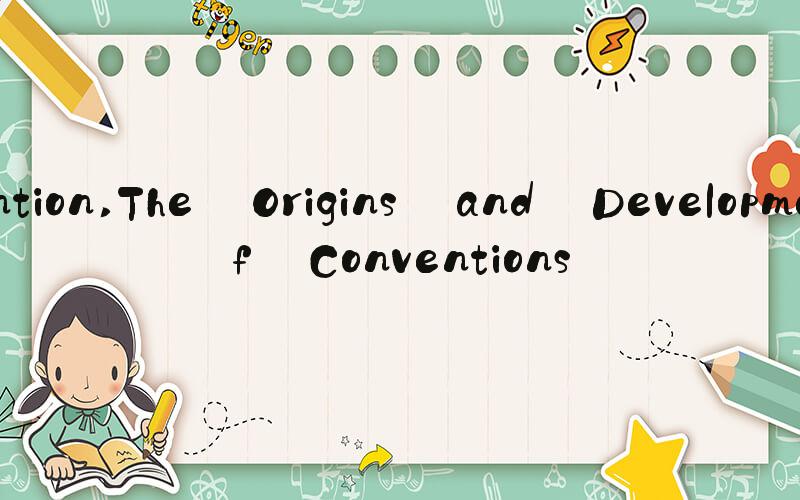
Convention: Understanding its Importance in Society
Conventions refer to a set of unwritten rules or agreements that guide behavior and interactions within a particular society or group. Conventions help define and maintain social norms, ethics, and values, creating a sense of order, regularity, and predictability in human interactions. They play a crucial role in shaping how we understand and perceive the world around us, and how we communicate and interact with each other.
The Origins and Development of Conventions
Conventions are not fixed or immutable; they evolve over time as societies and cultures change and develop. Some conventions have their origins in religious or cultural traditions, while others arise from common sense, pragmatic need, or a desire for social order and stability. Conventions can have roots in language, customs, art, or many other facets of cultural life.
As societies grow and evolve, new conventions emerge, and old ones may change or disappear. What was once considered taboo or impolite may become socially acceptable, and vice versa. For example, in many contemporary cultures, it is now considered acceptable to have tattoos or piercings, whereas several decades ago, this might not have been the case.
The Importance of Conventions in Social Interactions
Conventions play an essential role in defining and regulating social interactions. They provide a necessary framework for communication and behavior that enables individuals to understand and predict the behavior of others. Without conventions, social interactions would become chaotic and unpredictable, making it difficult for individuals to navigate and negotiate their relationships
Conventions also help to create a sense of identity and belonging among members of a particular society or group. Shared conventions and experiences are a powerful means of creating social cohesion, forming bonds, and promoting a sense of collective identity and belonging.
Breaking Conventions: The Pros and Cons
While conventions are an essential aspect of social life, they can also be challenging to navigate, particularly for individuals who do not fit into traditional social norms or for those who seek to challenge and subvert them.
Breaking conventions can be liberating and empowering, providing individuals with a means of expressing themselves and challenging the status quo. At the same time, breaking conventions can also be risky and potentially isolating, as those who deviate from established norms may face rejection or disapproval from others. It's essential to balance the desire to break conventions with the need to engage in effective social interactions and maintain positive relationships with others.
Conclusion
Conventions are an essential aspect of human interaction and society, providing a framework for behavior, communication, and social order. While conventions can be challenging to navigate at times, they play a vital role in shaping how we interact with each other and creating a sense of identity and belonging within our communities. Understanding how conventions operate and evolve over time is an essential skill for successful social interactions and building meaningful relationships.

